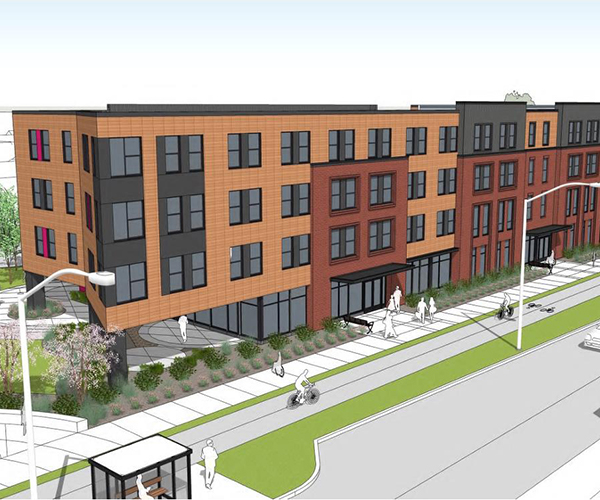It was a small guest bedroom packed with stuff guys accumulate: a hockey game you find in bars, huge beer mugs and other sorts of man-aphernalia.
“It’s my Alamo,” declared my newly married friend. This was where he was making a stand for his former life — no surrender, no retreat. He even hung a Texas flag on the back of the door.
Having lived together for a few years ourselves, my wife and I will both attest that merging households is initially not easy. The biggest challenge at first is sharing physical space. You will fight. You will be annoyed. You will inherit household tasks for which you — and only you, so don’t try to get out of it —will be responsible.1
But you eventually figure that out. I worry more about the long-term prospects of people who throw away their former lives once they sign the change-of-address form. My wife and I prohibited this sort of thing from our earliest days together, and we still find time for the friends and interests we had before we met — a move some find wise and others find odd.2
So before you pick out a dog together, define your Alamo — the thing from which you won’t back down, be it a physical space or a state of mind. Of course, you could say it’s just an untested idea. But my wife and I recently visited a happily married couple, together for more than 30 years, who seemed to agree with it.
They casually remarked that they were unsure whether they wanted to downsize their home once they both retired. In short, the wife explained, she and her husband worried they would drive each other crazy without space to “spread out” once they were both home full time. Her reasoning was simple, sensible — and proof that the idea of an Alamo stands tall, even in the hearts of the perfectly paired. As she put it, “We’ve never been around each other that much.”3
“It’s my Alamo,” declared my newly married friend. This was where he was making a stand for his former life — no surrender, no retreat. He even hung a Texas flag on the back of the door.
Having lived together for a few years ourselves, my wife and I will both attest that merging households is initially not easy. The biggest challenge at first is sharing physical space. You will fight. You will be annoyed. You will inherit household tasks for which you — and only you, so don’t try to get out of it —will be responsible.1
But you eventually figure that out. I worry more about the long-term prospects of people who throw away their former lives once they sign the change-of-address form. My wife and I prohibited this sort of thing from our earliest days together, and we still find time for the friends and interests we had before we met — a move some find wise and others find odd.2
So before you pick out a dog together, define your Alamo — the thing from which you won’t back down, be it a physical space or a state of mind. Of course, you could say it’s just an untested idea. But my wife and I recently visited a happily married couple, together for more than 30 years, who seemed to agree with it.
They casually remarked that they were unsure whether they wanted to downsize their home once they both retired. In short, the wife explained, she and her husband worried they would drive each other crazy without space to “spread out” once they were both home full time. Her reasoning was simple, sensible — and proof that the idea of an Alamo stands tall, even in the hearts of the perfectly paired. As she put it, “We’ve never been around each other that much.”3
1. Local relationship coach Kathy Dawson notes that practical life stuff can be a major source of conflict; she recommends sitting down pre-move-in day to divy up the household chores.
2. Joy Wyatt, a psychologist and assistant director at CWRU’s University Counseling Services, encourages couples to make sure they’re on the same page. Discuss your intimate and social needs, she says, anything from “I expect you to be on time for dinner” to “I expect to have
my friends come overfor poker on Fridays.”
3. “A lot of times we encounter students who don’t know [the] skills to negotiate, so they quietly seethe,” says Wyatt. You don’t want to be that partner.
Happy at Home
The Going Out vs. Staying In poll question was a dead heat from the first day of the survey to the last, but in the end the homebodies won out:
52.9% of women prefer to stay in.
48.5% of men prefer to stay in.
54.3% of singles prefer to go out.
57.5% of married people prefer to stay in.
53.2% of people overall prefer to stay in.
52.9% of women prefer to stay in.
48.5% of men prefer to stay in.
54.3% of singles prefer to go out.
57.5% of married people prefer to stay in.
53.2% of people overall prefer to stay in.



